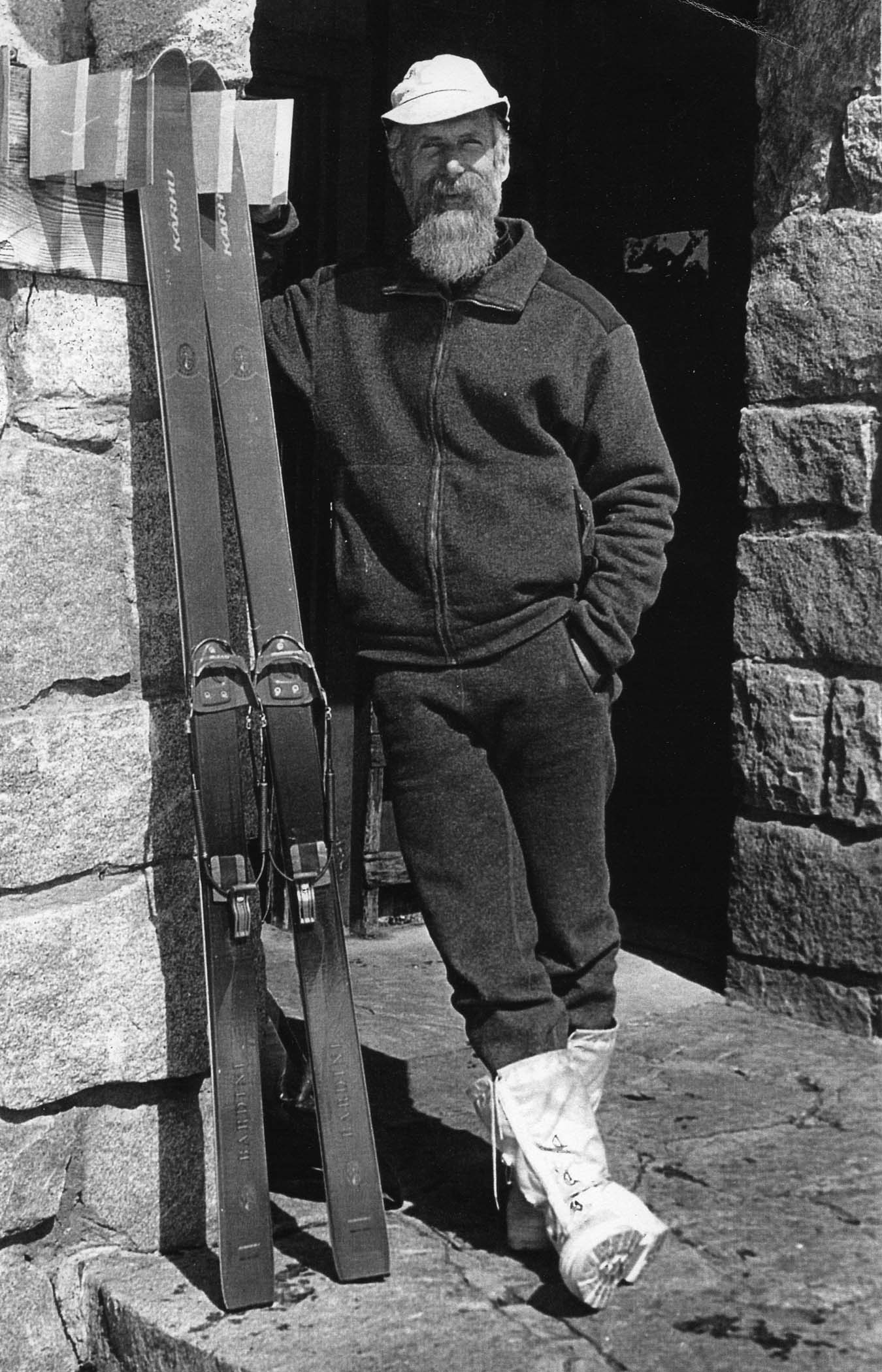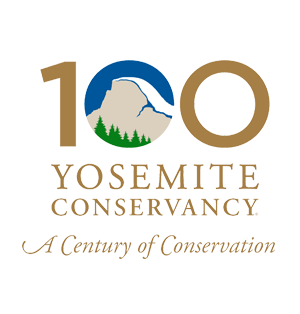For more than 50 years, Howard Weamer has welcomed intrepid winter explorers to the remote Ostrander Ski Hut. For many who make the journey to the High Sierra backcountry, Weamer is as integral to the experience as the shelter of the hut, itself. We caught up with him to learn more about what brought him to Yosemite, and what keeps him coming back time and time again.

“The outfit hasn’t changed in 25 years — neither has the attitude” — Howard Weamer
Tell us about your connection to Yosemite.
In the winter of 1970, I came to Yosemite researching a doctorate in history, of which John Muir was a piece. The park library had three of Muir’s original journals and a fine collection of travel narratives, including reactions to Yosemite. After two years in an environmental school and two as a photographer for the National Park Service (NPS), when the opportunity to spend a winter 10 ski miles in the backcountry arose, I took it. I packed up papers and books, and settled in upstairs at the Ostrander Ski Hut.
Where do you spend your days?
What do hut-keepers do? First, there is no clock — I haven’t worn a watch since 1963. The days are of our own making. There is some essential maintenance on an 80+-year-old structure — solar, water, plumbing, electrical — using what we have, we get creative with wire, glue and tape, and some creative additions.
A picture of (Chinese poet) Hanshan, taped on a kitchen cabinet, reminds us that every task is an opportunity to learn — every movement of the broom, every shovelful of snow — may bring enlightenment. We ski every day, and most guests ask about routes and avalanche hazards. We occasionally rescue the lost or delayed, and we have all been out in blinding snowstorms. We play games and socialize. And read, sometimes late at night in the quiet hut, or with the snow and wind rattling the sheetmetal roof, with a small fire and a book you can’t put down.
But why would someone do these simple tasks for nearly 50 years? When invited to join NPS, I thankfully declined. A structured office environment and its rewards held no interest for me. When Orion begins to rise in the east, shadows grow long, and the light is like late afternoon all day, I cannot imagine a better place than Ostrander Lake.
There is the meditative placement of a ski breaking trail uphill in fresh powder, the breath harmonizing with the stride, the effortless arc of a perfectly balanced turn, or the continual adjustment of balance in uneven snow, or travelling with a graceful glide through miles of untracked wilderness, stunned by how far one can go in a day. Balance, focus, openness — these are satisfying moments in a life. In this vein, one experience in the hut was particularly memorable. I was alone, descending the stairs, which have their own music. I paused, and the sound of a water droplet falling into a pot on the stove, passed through me, clearly changing the cells in my body by its wavelength, a brief oneness.
What is one piece of advice you would give to hopeful Ostrander visitors?
The experienced need to stay with the inexperienced. It is an adventure and, hopefully, memorable for good reasons.
Ostrander Ski Hut attracts backcountry skiers and snowboarders looking to ski the steep slopes in the cirque above Ostrander Lake. Along the way, enjoy stunning views, including Half Dome, the Clark Range, and the northern part of the park, including Hoffmann, Dana and Conness peaks.
The ski hut is approximately 10 miles from Badger Pass, and all routes require considerable stamina and cross-country skiing experience. It is not recommended for novice skiers.
Interested a deeper look at Howard’s journey and experiences, check out this short film featuring him.
Learn more about Ostrander Ski Hut.
